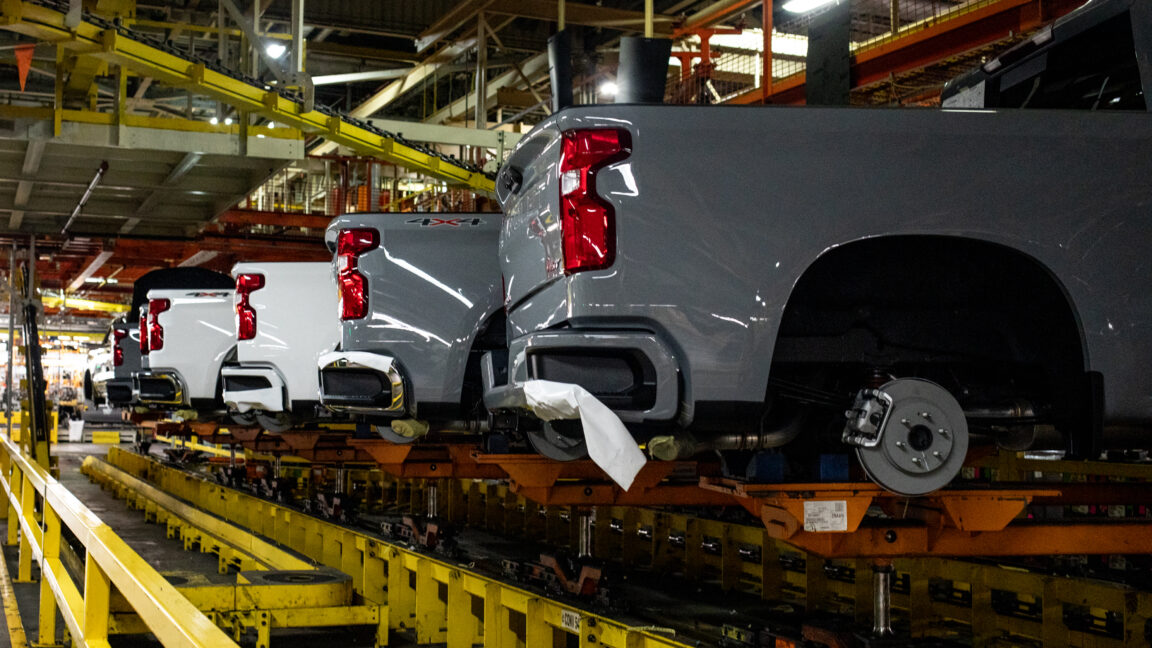Trump’s Election Win Spells Bad News for the Auto Industry
With Donald Trump securing a second presidential term, the auto industry braces for significant disruptions. His first term was characterized by attempts to weaken environmental regulations impacting the sector, and as a candidate in 2024, Trump has pledged to continue this trend through aggressive trade policies and a retreat from climate change commitments. Here’s what the future may hold for the auto industry under a Trump administration.
Electric Vehicle Adoption at Risk
One of the cornerstone policies of the previous administration was the Inflation Reduction Act of 2022, which included substantial incentives for electric vehicle (EV) adoption. This Act mandated that to qualify for the clean vehicle tax credit, vehicles must have final assembly in North America and increasing amounts of U.S.-sourced battery components.
However, these policies face strong opposition from the Republican Party. During his first term and throughout his campaign, Trump has been vocal against EVs, claiming that “all-electric is not going to work.” He promised to eliminate the electric vehicle mandate on his first day in office, directly challenging the Biden administration’s goal of achieving 50% EV adoption by 2030.
The Project 2025 policy document, developed by the Heritage Foundation, reflects a lack of support for EVs, advocating for the freedom of Americans to choose their vehicles without government coercion. The Trump campaign has indicated that if he returns to office, California’s waiver regarding emissions standards would be revoked, limiting the regulatory framework that currently applies to 16 states and the District of Columbia.
Fuel efficiency regulations set to take effect in two years are now likely in jeopardy. The previous administration had already taken steps to undermine existing standards, casting doubt on the future of electric vehicle initiatives in the U.S. Automakers may revert to a focus on larger, less fuel-efficient vehicles, such as SUVs and trucks, particularly as companies like Ford report substantial losses in their EV divisions.
Mixed Outlook for Automakers
For established automakers like Toyota and Stellantis, which have been slower to adopt EV technology compared to their European and Korean rivals, Trump’s election could provide a temporary reprieve. The shift away from stringent EV regulations may allow them to focus on traditional combustion engines without the pressure to transition to electric models rapidly.
The Zero Emission Transportation Association (ZETA) has expressed a willingness to collaborate with the incoming administration to maintain the U.S.’s competitive edge in automotive innovation. They emphasize the need for policies that ensure the development and deployment of EV technologies by American workers in U.S. factories.
Tesla’s Position under Trump
In contrast, Tesla is likely to fare better under a Trump administration. CEO Elon Musk has increasingly aligned himself with Republican causes, significantly contributing to Trump’s reelection campaign. This shift could position Musk favorably for a potential cabinet role, which could shield Tesla from rigorous regulatory scrutiny, particularly concerning its driver assistance systems.
While some analysts express concern that a cabinet position could detract from Musk’s focus on Tesla, the automaker stands to benefit from ongoing funding initiatives, such as the National Electric Vehicle Infrastructure (NEVI) program, which aims to expand fast charging stations across the U.S.
Potential for Increased Import Tariffs
The new administration is expected to escalate efforts to protect U.S. auto manufacturing from foreign competition, particularly from China. Under Biden, a 100% import tariff was imposed on Chinese-made EVs, and this protectionist sentiment is likely to grow under Trump.
Trump’s previous rhetoric about abolishing federal taxes in favor of import tariffs could lead to significant price increases for imported vehicles and parts. German automakers, already facing stock declines, may feel the impact of these policies, especially as they rely on the U.S. market while maintaining manufacturing facilities within the country.
Conclusion
Trump’s return to the White House signals a challenging landscape for the auto industry, particularly concerning electric vehicle adoption and environmental regulations. While some automakers may find temporary relief from stringent policies, the overall direction appears to favor traditional vehicles and protectionist measures that could reshape the industry for years to come.
Thank you for taking the time to read this article! Your thoughts and feedback are incredibly valuable to me. What do you think about the topics discussed? Please share your insights in the comments section below, as your input helps me create even better content.
I’m also eager to hear your stories! If you have a special experience, a unique story, or interesting anecdotes from your life or surroundings, please send them to me at whatsissue@gmail.com. Your stories could inspire others and add depth to our discussions.
If you enjoyed this post and want to stay updated with more informative and engaging articles, don’t forget to hit the subscribe button! I’m committed to bringing you the latest insights and trends, so stay tuned for upcoming posts.
Wishing you a wonderful day ahead, and I look forward to connecting with you in the comments and reading your stories!
